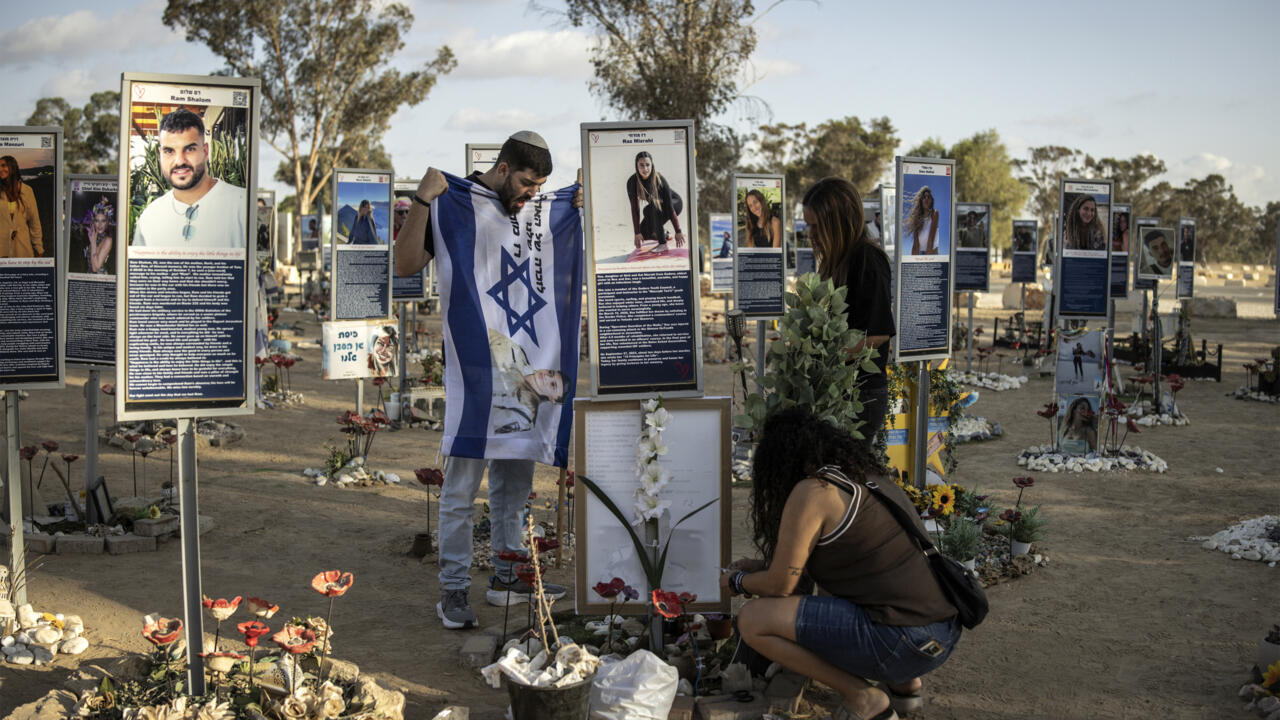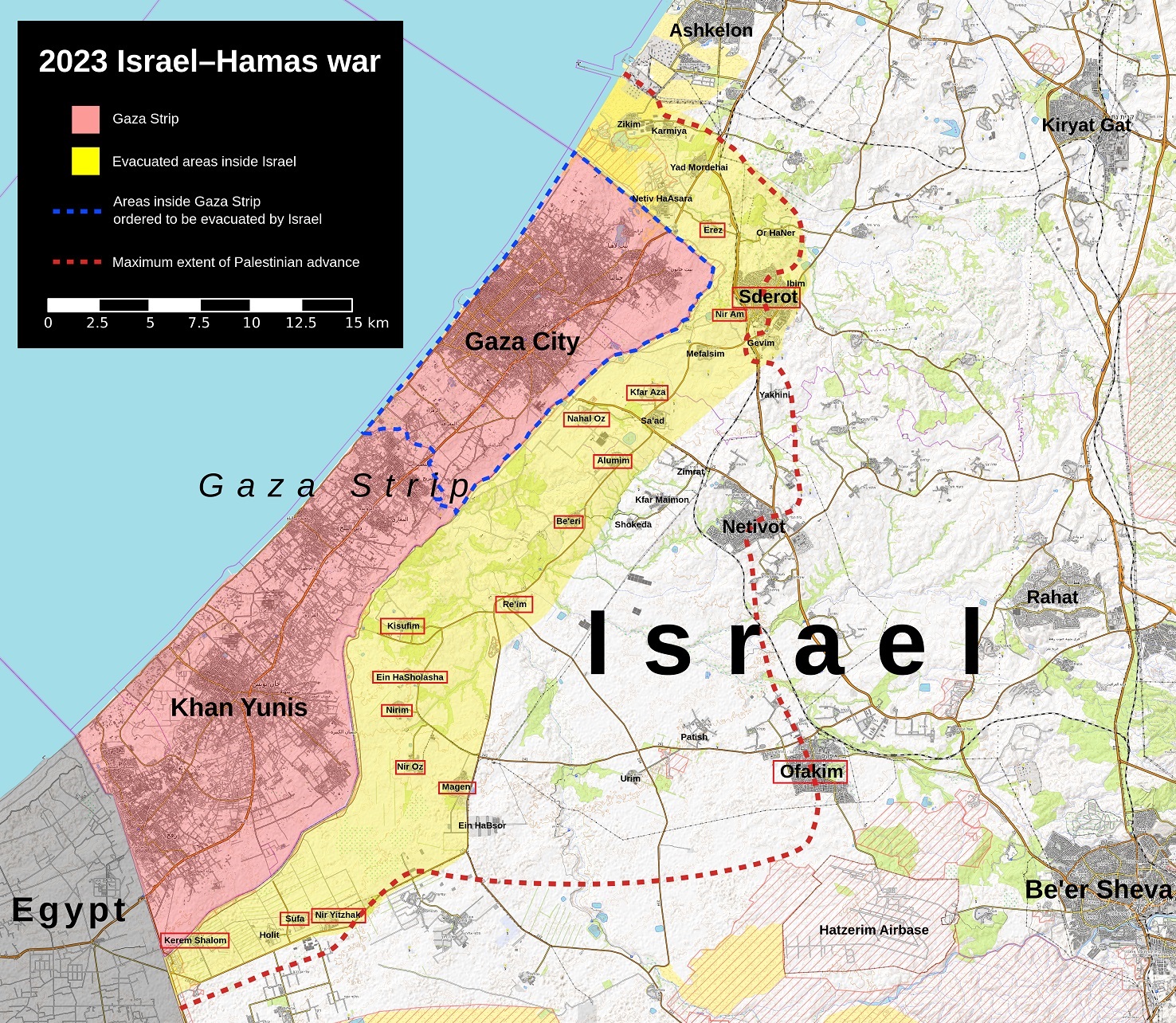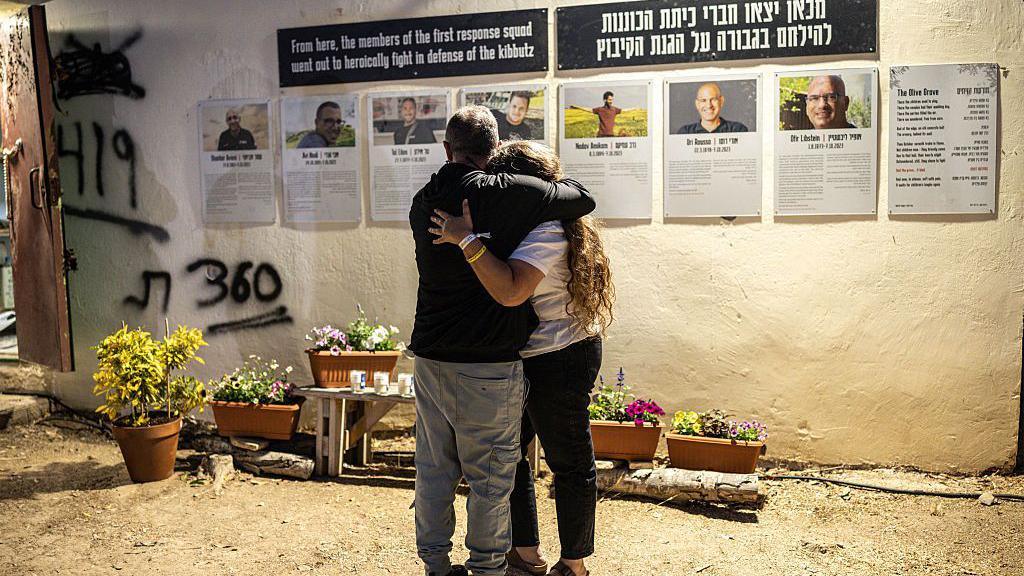October 7: Two Years Later - Remembrance, Impact, and the Path Forward
October 7: Two Years Later - Remembrance, Impact, and the Path Forward
Table of Contents

October 7, 2023, stands as one of the most significant dates in modern Middle Eastern history. On this day, Hamas and allied Palestinian militant groups launched a coordinated attack on Israel that would forever change the region's political landscape and spark a conflict with global ramifications that continue to this day.
What Happened on October 7, 2023
In the early morning hours of October 7, 2023, during the Jewish holiday of Simchat Torah, Hamas initiated Operation Al-Aqsa Flood - a multi-pronged assault on Israeli territory. The attack began with a massive barrage of over 4,300 rockets launched from Gaza into southern Israel, followed by unprecedented ground incursions.

The attackers used various methods to breach the Gaza-Israel barrier, including paragliders, motorcycles, and vehicles. They targeted military installations, kibbutzim, and the Nova music festival near Re'im, where hundreds of young people had gathered for what was meant to be a celebration of life and music.
The Nova Music Festival Massacre
The Nova music festival became the scene of the deadliest single incident of the attacks. 364 civilians were killed at the festival site, with many attendees fleeing into the surrounding desert as militants pursued them. The festival site has since become a powerful memorial location where families and survivors gather to remember those lost.
Casualties and Immediate Impact
The October 7 attacks resulted in devastating casualties that shocked the world:
- 1,195 people killed in total, including 736 Israeli civilians and 379 security forces members
- 251 hostages taken to Gaza, with 48 still believed to be held captive
- 3,400 people wounded in the initial attacks
- 21 communities across southern Israel were attacked

The attacks triggered Israel's largest military response in decades, leading to the ongoing Gaza War that has resulted in over 67,000 Palestinian casualties according to international reports. The conflict has displaced hundreds of thousands of people and created a humanitarian crisis throughout the region.
Two Years Later: Commemoration and Reflection
As Israel and the international community mark the second anniversary of October 7, memorial services and commemorative events are taking place across the globe. The day has been declared Israel's National Day of Remembrance, officially observed on the Hebrew calendar date.
Memorial Sites and Remembrance
The Nova festival site has become Israel's most visited memorial location, with thousands coming to pay their respects. Rows of placards bearing names and photos of victims have been erected, creating a powerful tribute to those who lost their lives.

Families of survivors and victims have organized memorial concerts and vigils, with many events featuring performances by Israeli artists and testimonials from those who lived through the attacks. These gatherings serve not only as remembrance but also as calls for the return of remaining hostages.
Ongoing Peace Negotiations
Two years after the attacks, diplomatic efforts continue with renewed intensity. President Donald Trump has proposed a comprehensive 20-point ceasefire plan that has brought negotiators from Hamas and Israel to Cairo, Egypt, for indirect talks.
Key Elements of Current Negotiations
The current peace discussions focus on several critical components:
- Complete hostage release in exchange for Palestinian prisoner releases
- Gradual Israeli withdrawal from Gaza according to agreed timelines
- International stabilization force deployment to maintain security
- Humanitarian aid access through established UN channels

Trump has expressed optimism about the negotiations, stating that "everyone just came together" and that Hamas has been making important concessions. The talks involve mediators from the United States, Qatar, Egypt, and Turkey.
Global Response and International Implications
The October 7 attacks and subsequent conflict have had far-reaching international consequences. Countries worldwide have grappled with rising antisemitism, pro-Palestinian demonstrations, and complex diplomatic challenges.
Migration and Diaspora Impact
The attacks have influenced Jewish migration patterns globally. While approximately 30,000 new immigrants arrived in Israel following October 7, about 80,000 Israelis left the country, creating a net migration deficit for the first time in decades.
Jewish communities worldwide have organized memorial services and support networks, while also confronting increased antisemitic incidents in their home countries.
Frequently Asked Questions
How many hostages are still being held from October 7?
Currently, 48 hostages remain in Gaza, with 20 believed to be alive. The fate of the remaining hostages is a central focus of ongoing peace negotiations.
What was Hamas's stated reason for the October 7 attacks?
Hamas cited continued Israeli occupation, the blockade of Gaza, expansion of Israeli settlements, and rising settler violence as motivations for the attacks, calling it a response to decades of occupation.
How has the international community responded to October 7?
44 countries condemned the attacks as terrorism, while some Arab and Muslim-majority nations blamed Israeli occupation policies. The UN and various international bodies have called for de-escalation and humanitarian aid access.
What is the current status of Gaza after two years of conflict?
Gaza faces a severe humanitarian crisis with widespread destruction of infrastructure, limited access to food and medical care, and displacement of much of the population. International aid organizations are prepared to increase assistance if a ceasefire is achieved.
Share This Article
Help spread awareness about the October 7 anniversary and ongoing peace efforts. Share this comprehensive guide with your network to promote understanding and remembrance of this significant historical moment.
Conclusion: Two years after October 7, 2023, the world continues to grapple with the profound impact of that tragic day. As families commemorate their loved ones and negotiators work toward peace, the hope remains that this anniversary will mark not just remembrance of the past, but progress toward a more peaceful future for all people in the region. The ongoing diplomatic efforts in Egypt represent a crucial opportunity to end the suffering and begin the long process of healing and reconciliation.